
Dermatological
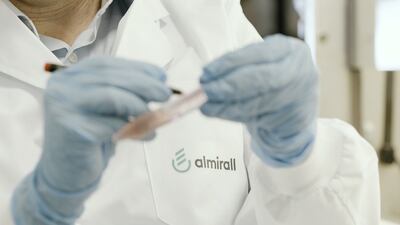
The Spanish company's Lilly-partnered atopic dermatitis drug is enjoying a decent launch in Germany and in other European countries, "we are getting the price that we wanted," claims CEO Carlos Gallardo.

Rocatinlimab met its Phase III endpoints with results that appear uncompetitive with AD market leader Dupixent, while Uplizna may offer a compelling twice-yearly gMG treatment option.
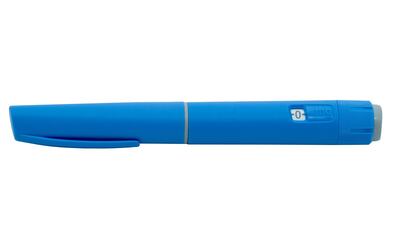
An academic study of GLP-1 agonist showed promise in patients with the painful skin condition but with no signs that the Danish drugmaker will pursue the indication, smaller players in the space may be interested.

Organon will pay $175m up front for Roivant subsidiary Dermavant and its topical therapy for psoriasis Vtama. The acquirer is betting on growth from adding atopic dermatitis to Vtama’s label.
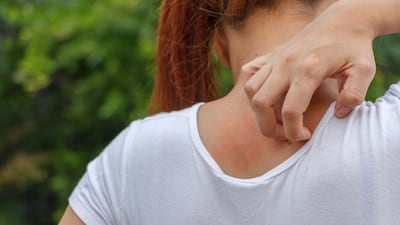
New pivotal data on Regeneron and Sanofi’s antibody in chronic urticaria are underwhelming, though probably sufficient for approval. A green light may beckon in bullous pemphigoid, too.
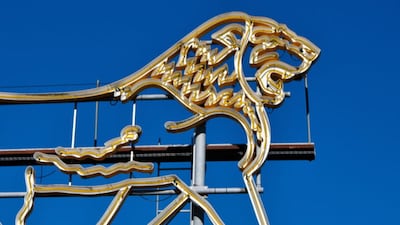
The Danish firm’s dermatology products have made significant strides in the past six months, leading to an upwards revision of its sales forecast for full-year 2024.
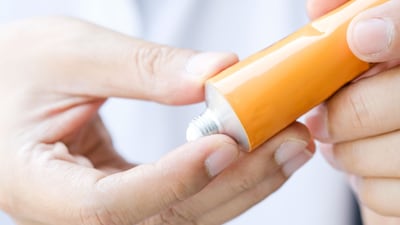
TMB-001, a topical formulation of isotretinoin, missed its primary endpoint in the ASCEND study and will not be filed for approval. Leo is turning its attention to hand eczema and dealmaking.
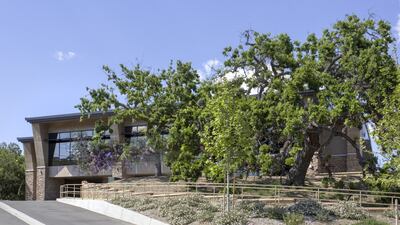
The group has stopped further development of the IL-17A inhibitor in hidradenitis suppurativa and psoriatic arthritis, and intends to pivot to a thyroid eye disease therapy.
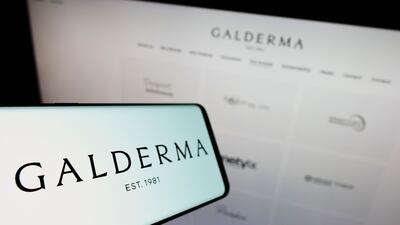
Nemluvio is a first-in-class IL-31 inhibitor that the US FDA approved for prurigo nodularis.
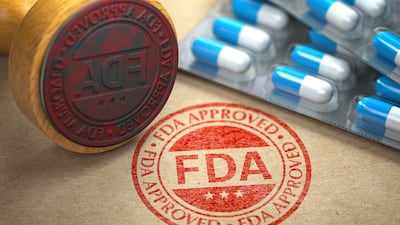
After a quiet July, August and September are shaping up to be busy on the approvals front. Already this month, the US FDA has approved Adaptimmune’s Teclera for synovial sarcoma, Phathom’s Voquezna for gastro-esophageal reflux disease and Servier’s Voranigo for gliomas. Here, Scrip takes a look at ten other approvals for novel products in the offing for the third quarter.

The JAK inhibitor cream for hand eczema will serve a large market in Europe and help the Danish dermatology specialist expand its strong position in dermatology.
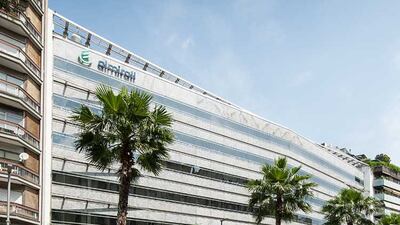
The Barcelona-headquartered group’s Lilly-partnered atopic dermatitis drug is enjoying a decent launch in Germany and reimbursement has just been secured in the UK.
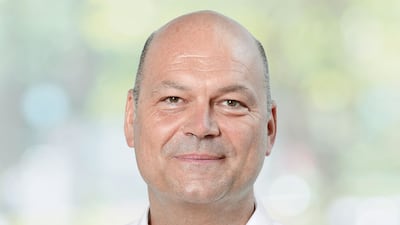
Two older drugs – Cosentyx and Entresto – continue to drive growth at the Swiss giant, while Leqvio is finally making its mark on the sales front.
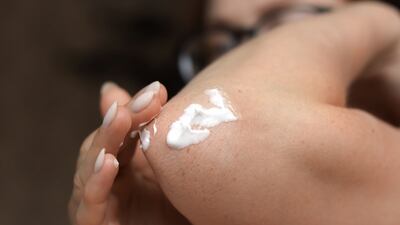
A third US FDA approval for its skin drug is putting Zoryve into a strong position to become the preferred topical brand in dermatology, claims CEO Frank Watanabe.

SanBio’s lead cell therapy asset has been on a bumpy journey to its global-first approval and while a nod has now come in Japan in a high-need indication, a commercial launch is conditional on additional data to establish product equivalence and manufacturing consistency.
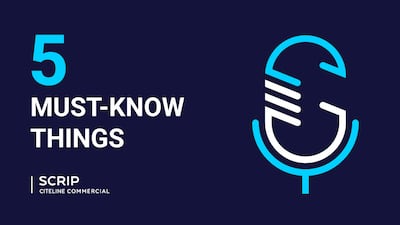
In this week's podcast edition of Five Must-Know Things: the outlook for 2025 launches; Merck confident in new pneumococcal vaccine; multiple US setbacks for Japanese firms; Stock Watch on Moderna missteps; and Sun’s North America head talks plans and strategy.

Academia-developed novel oral PAI-1 inhibitor in combination with Opdivo showed a strong response rate in PD-1 treated melanoma patients with certain disease characteristics and could represent a new breakthrough for a class with no clinical stage competitors.

The group says INF904 can make billions in two highly competitive skin diseases, but this looks optimistic.

The UK biotech unveils Phase II data showing an ability to reduce severity of mild-to-moderate AA, with full hair restoration in some patients. If approved, STS-01 will compete with Olumiant and Litfulo.

Johnson & Johnson, after several prior failed R&D attempts in AD, will pay Numab $1.25bn to acquire a subsidiary and its Phase II-ready bispecific antibody for key unmet needs in the disease.